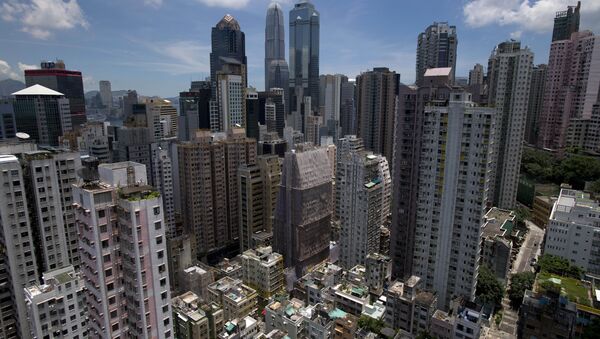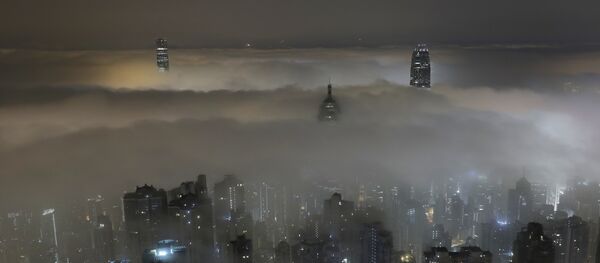Under the Sino-British Joint Declaration, Hong Kong became a special administrative region of China on July 1, 1997. The agreement stipulated that the former UK colony's capitalist system, as well as its independent legal system, would remain unchanged for 50 years, in accordance with the "One Country, Two Systems" principle.
The actual figures of number of attendees differ as the police said that 14,500 people took part in the event, while the organizers claimed that 66,000 people were in attendance. At the same time, the researchers from the University of Hong Kong public opinion program said that the number is somewhere between 27,000 and 35,000, according to the South China Morning Post newspaper.
Some pro-democracy activists claimed that they were assaulted by the police and were detained without committing any crimes, according to the newspaper.
The concerns among the Hong Kong residents with the independence of city’s jurisdictional system and basic civil liberties such as freedom of expression in the future and the anti-Beijing sentiment started to brew among local youth, leading to sit-in street protests in 2014, dubbed the Umbrella Revolution.
Earlier in the day, Chinese President Xi Jinping during his visit to the city said that Hong Kong would continue to be run under a principle that guarantees it broader autonomy, but warned against attempts to go against mainland China, while on Friday the Chinese Foreign Ministry said that the Sino-British Joint Declaration no longer carries any "practical meaning."
The Chinese Foreign Ministry’s comments came one day after UK Foreign Secretary Boris Johnson reiterated the importance of the 1984 joint declaration, which guarantees Hong Kong’s legal autonomy from the mainland, and the United Kingdom's commitment to Hong Kong is "as strong as it was 20 years ago." Johnson added that the United Kingdom hoped that Hong Kong would make more progress toward a fully democratic and accountable system of government, stressing that the rule of law, an independent judiciary, and a free media had all been central to the former British colony’s success.



